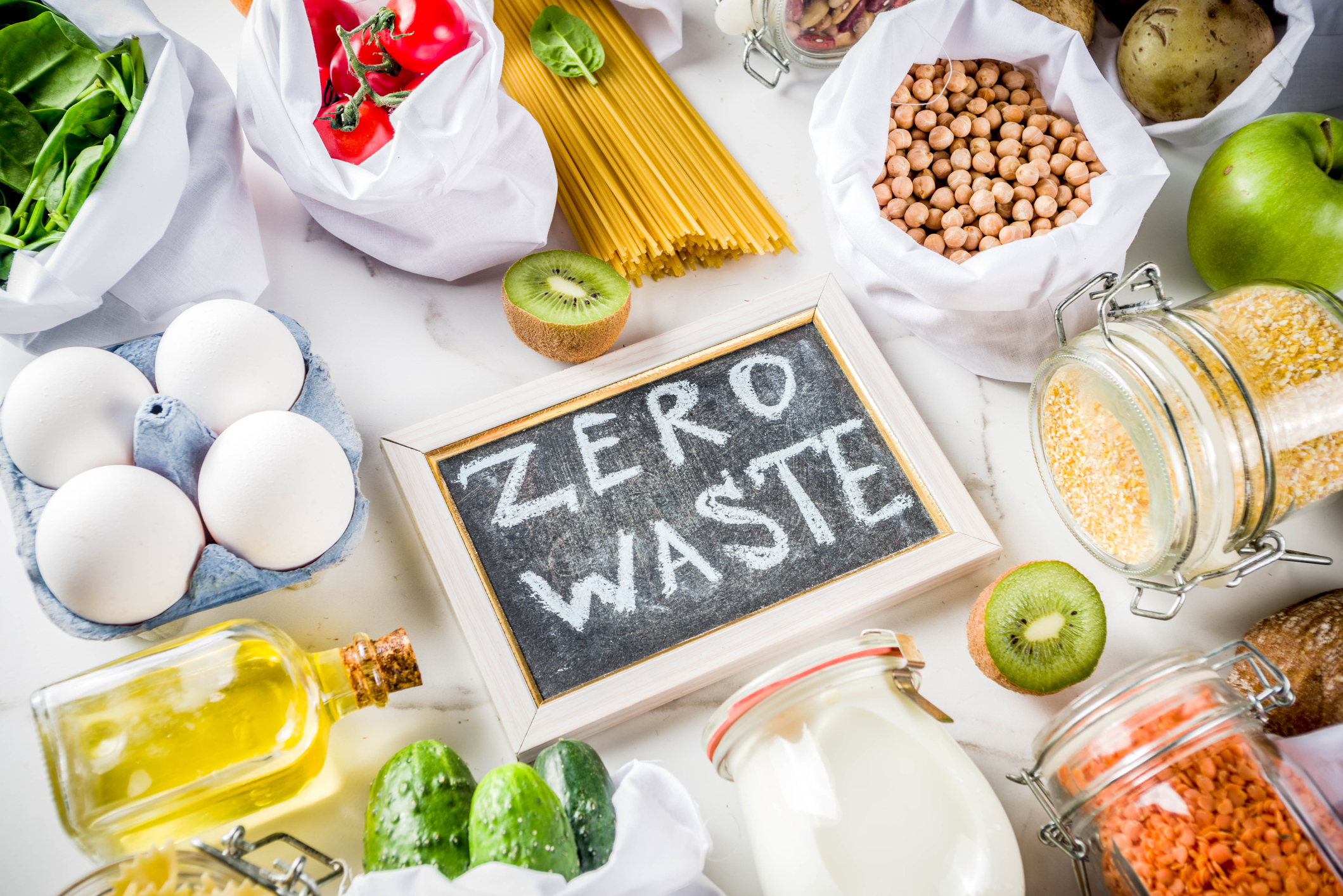Media Industry and Consumers Trust

Educating Consumers to Fight Deception in Green Advertising
This article originally appeared in the American Academy of Advertising Newsletter, March 2022 | Volume 17 | Number 1.
By Juliana Fernandes
Advertising Assistant Professor
University of Florida College of Journalism and Communications
Imagine a consumer going to a grocery store or shopping online and trying to decide whether to buy a product based on package information or an ad they saw somewhere. This is not an uncommon sight as highly involved consumers may spend a good amount of time trying to understand what the claims on the package or ad mean.
However, some of these claims are highly technical and challenging to understand, even to knowledgeable and involved consumers. This lack of understanding is accentuated in categories that inherently rely on complex claims, such as green advertising, resulting in greenwashing. Greenwashing involves misleading consumers about the environmental practices of a company or the environmental attributes and benefits of a product or service (Carlson, Grove, and Kangun 1993; Furlow, 2010).
While some green ads use well known claims such as “environmentally friendly,” “eco-friendly,” others use more elaborated seals and language that is not part of one’s conversational vocabulary. The use of claims that are not part of consumers’ jargon may lead to a myriad of negative outcomes for consumers and the green market in general.
One such outcome is deception. According to the Federal Trade Commission (1983), deception is “a representation, omission or practice that is likely to mislead the consumer acting reasonably in the circumstances, to the consumer’s detriment” (p. 2). Thus, advertising claims that are not fully substantiated (e.g., “this product is eco-friendly”), prominent, that use distracting elements (e.g., green color or leaf illustrations), or that do not use plain language, have a greater chance of being flagged as deceptive (Federal Trade Commission, 2012). Another negative outcome is distrust in green products and companies that provide truthful claims in their communication, eroding the consumer market for green products and services (Furlow 2010; Newell, Goldsmith, and Banzhaf 1998).
I had my first contact with this line of research when I partnered with my colleague, Dr. Sigal Segev, where we conducted a study of the content of green advertising claims in magazines from 2009 to 2010. This content analysis, which was published in the Journal of Advertising, replicated and extended a study done in the 1990s that found a great deal of deception in these types of ads. Our study used a sample of more than 400 ads and employed a two-level (i.e., claim and ad) analysis. At the claim level analysis, environmental claims were deemed more acceptable than deceptive, which contrasts with previous content analyses findings and a welcome trend that can be attributed to the efficacy of the norms of the FTC and its revised Green Guides.
Although our study found that these ads had more acceptable claims, about 37% of the claims were still categorized as deceptive, showing that more work needs to be done to avoid misleading consumers. At the ad level analysis, our study shows a significant increase in the number of green ads in comparison with previous content analyses, a focus on planet preservation along with promotion of product or service as green as the main objective. In addition, the analysis of executional elements shows that the use of green, blue, and white were very predominant among these ads. These results provide insights for advertisers as they can be helpful in determining the problematic areas in the claims that are more prone to deception. Policy makers can use these results as the basis for decisions about green advertising standards and regulations, and in turn, help diminish the occurrence of greenwashing.
This study further inspired us to investigate green advertising claims, but from a consumer perspective. While previous research has investigated the effects of such claims on consumers’ attitudes and behaviors, we wanted to uncover ways to make consumers more knowledgeable about these types of claims, giving them the ability to spot deception. Published in the International Journal of Advertising, this study explored the extent to which non-expert consumers can detect greenwashing in promotional claims and differentiate between deceptive and acceptable claims. We further developed and tested a literacy intervention to educate consumers about the textual and visual components that distinguish truthful from deceptive environmental claims both in ads and on product packages. My research agenda in this area focuses on continuing to study trends in the content of green advertising, including the analysis of ads on social media platforms and the use of artificial intelligence tools. More research is needed on different types of literacy interventions, which could foster training and education about deceptive claims in green ads. Also on my radar is the development of user-friendly technology (e.g., apps) to help consumers instantly identify deception and misleading claims.
Most recently, I started working on a parallel project in this area. The project focuses on specific messages elements that can promote green behaviors (e.g., recycling, minimizing energy use, reducing waste). Previous research (Kavvouris, Chrysochou, & Thogerson, 2020; Kronrod, Grinstein, & Wathieu, 2012) demonstrates that messages to encourage green behaviors can generate counterarguments, making people defensive. This occurs because such messages many times make it obvious that the person is behaving in a way that harms the environment, which threatens their ego. I propose that green messages can still be effective, even if they make claims about the recipient’s behavior. This can be achieved by using simple messages that involve a description of what people do not do right (i.e., an inaction) instead of what they do wrong (i.e., an action). Such messages feel less threatening and are more effective in motivating green behaviors.
Posted: March 7, 2022
Tagged as: Environment, Greenwashing, Juliana Fernandes


